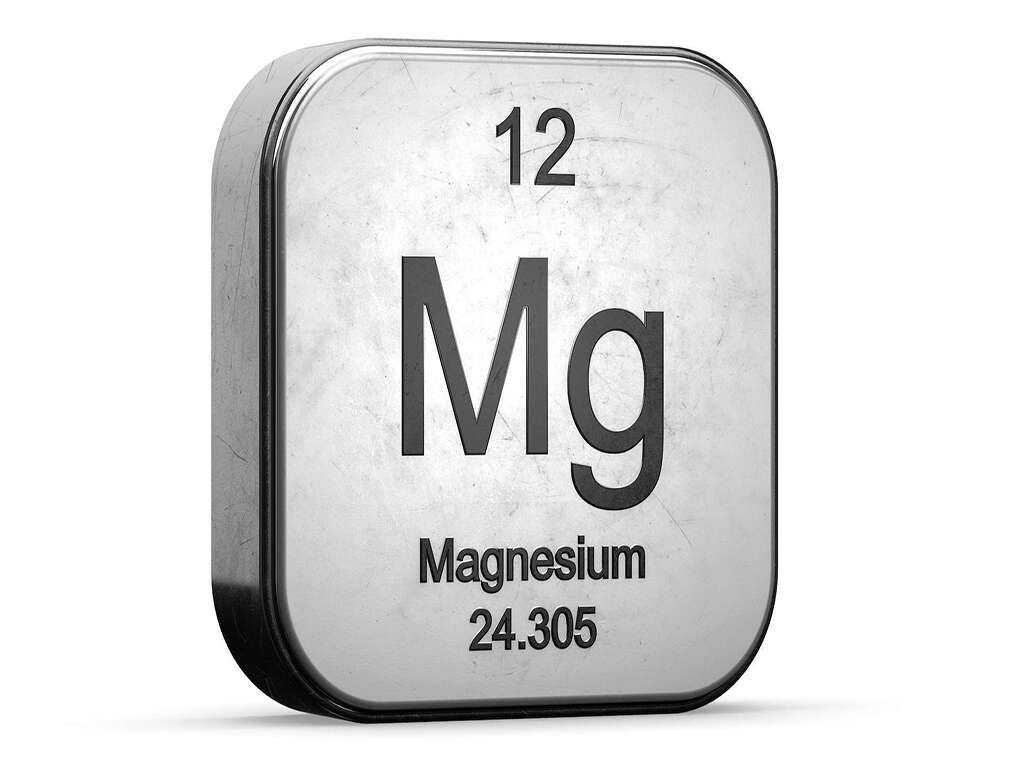Magnesium Matters: Unlocking Health Secrets for Optimal Well-being

Magnesium is a mighty mineral used by the body for over 300 different biological reactions. Important functions include energy metabolism, nerve function, muscle contraction, and DNA repair. It is the 4th most abundant mineral in the body which only further emphasizes its importance.
Key functions of magnesium
Energy production: Magnesium works as a cofactor within mitochondria to produce energy for the body.
Muscle function: Without magnesium, your muscles could not contract or function. It is also vital for the signalling between your nerves and muscles.
Neurotransmitters: They help your nerves communicate with your body. Magnesium plays a critical role in the signalling and neurotransmission release.
Bone Health: We maintain strong bones via many pathways and we use magnesium with vitamin D and calcium to maintain strong bones
Heart health: They show in studies, magnesium can reduce blood pressure and regulate our heart rhythm in a healthy and beneficial way.
Blood glucose regulation: Adequate intake of magnesium helps with pancreatic function. This helps improve insulin production, but it also assists with the transportation of glucose within cells.
DNA and RNA synthesis: Our DNA needs to repair and replicate in order for us to live long healthy lives and we need magnesium for this process.
Magnesium Deficiency signs and symptoms
- Muscle cramps
- Fatigue
- Osteoporosis
- Mood disorders like depression and anxiety
- Fatigue
- Constipation
What may cause magnesium deficiency? Any chronic medical condition which prevents absorption or increases excretion.
Anything which causes altered gut function like inflammatory bowel, microbiome dysbiosis or diarrhea. If you have a medical condition that causes excessive excretion of magnesium by your kidneys, it will lead to a deficiency.
Recommended Daily intake
Adolescents and Adults:
- Males:
- 14-18 years: 410 mg
- 19-30 years: 400 mg
- 31 years and older: 420 mg
- Females:
- 14-18 years: 360 mg
- 19-30 years: 310 mg
- 31 years and older: 320 m
There are many factors which may influence the amount of daily magnesium we need for our bodies. Even though the above are recommendations, there are certain conditions which may require higher daily intake.
Athletes or individuals who are more active than require higher amounts. Pregnancy, chronic medical conditions like inflammatory bowel disease, diabetes and certain heart conditions. Stress and anxiety can cause lower magnesium levels, so individuals may require a higher daily intake.
Magnesium comes in different forms
It's best to get magnesium from natural sources like pumpkin seeds, black beans, green leafy vegetables, and mackerel.
That being said, there are specific forms which, when taken, can have benefits for specific organ systems.
Magnesium Citrate: We can use this form of magnesium for constipation. It is also highly absorbable.
Magnesium Oxide: We can use this to ease constipation, but your body doesn't absorb the magnesium content as well.
Magnesium Glycinate: This has less gastrointestinal side effects and will help support nerve health and sleep. If you have difficulty sleeping, then this form of magnesium may help with this problem.
Magnesium Chloride: You can use this formulation as a topical supplement to help with muscle relaxation and skin health
Magnesium L-Threonate: We use this form of brain health because it can cross the blood-brain barrier
Magnesium Orotate: Highly absorbed by heart cells, this form of magnesium can support heart function.
Magnesium Malate: If you have muscle pain and fatigue, this form may help boost energy and improve muscle function
Summary
If you want to live longer and improve your health, prioritize magnesium. Researchers have conducted in-depth evidence-based research that proves the benefits of magnesium. Individuals should increase or decrease recommended daily amounts based on their specific needs. If you want to maintain your health, this mineral is a must.
I provide the information here for general informational purposes only and do not intend it as medical advice. It should not be considered a substitute for professional medical evaluation, diagnosis, or treatment. Always ask a healthcare professional for advice about your medical condition. Do not disregard professional medical advice or delay seeking it based on information provided here. Reliance on any information provided is solely at your own risk.